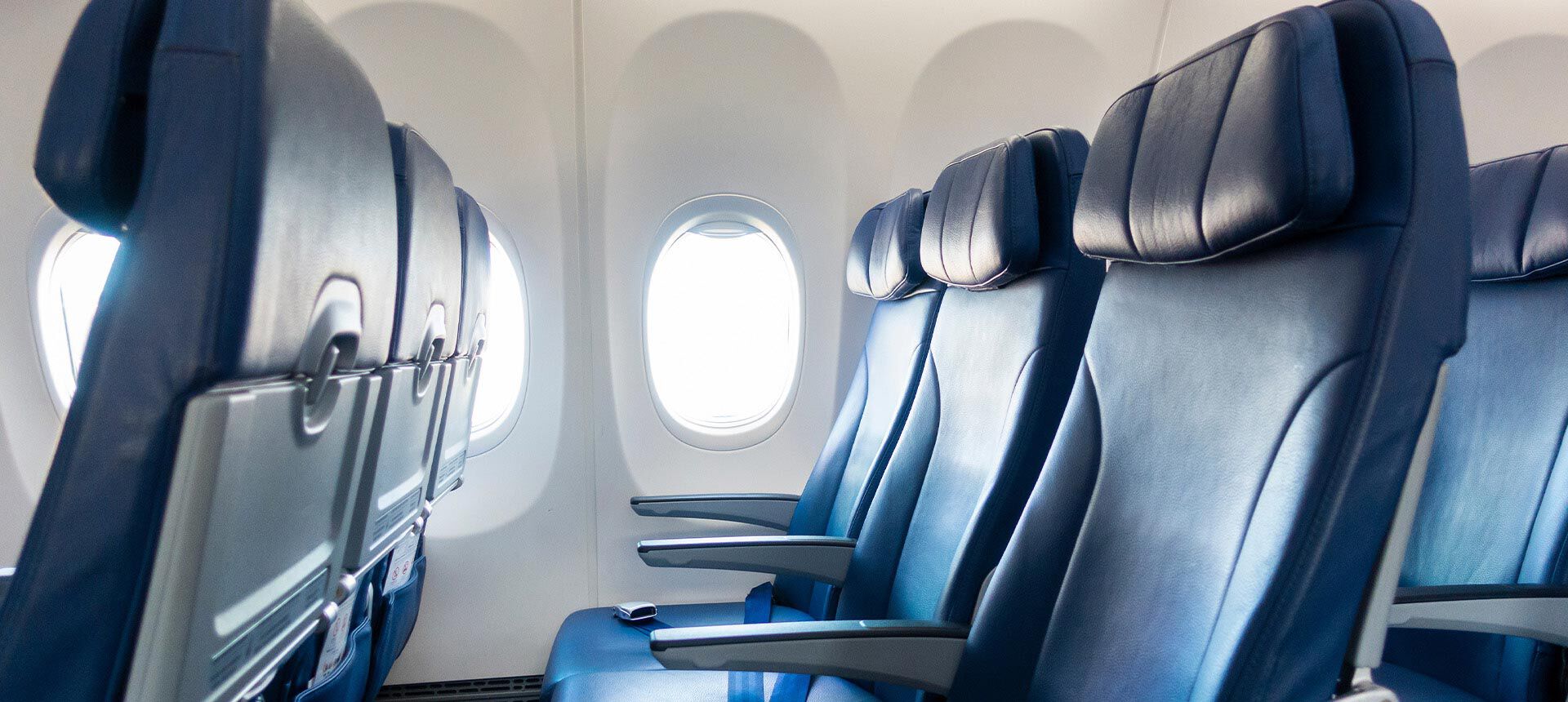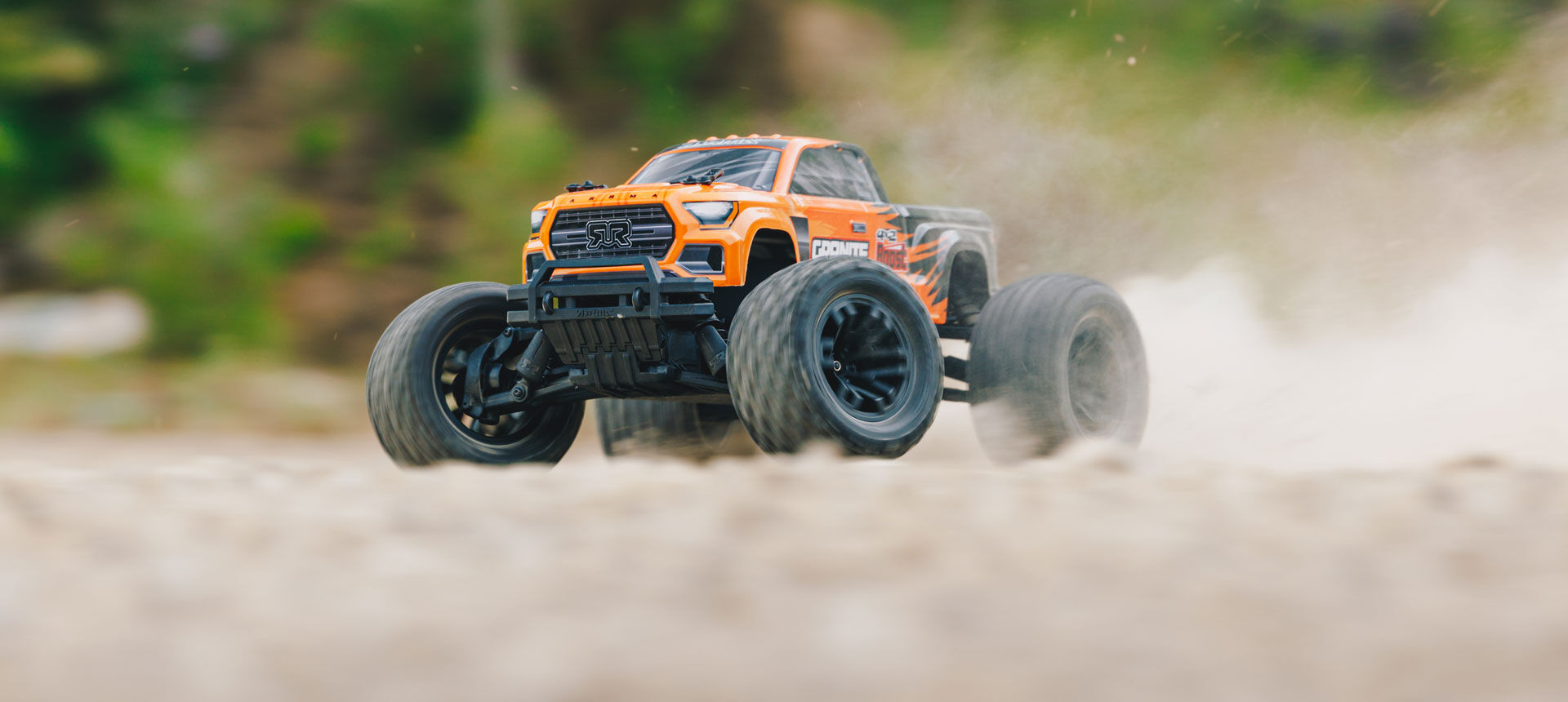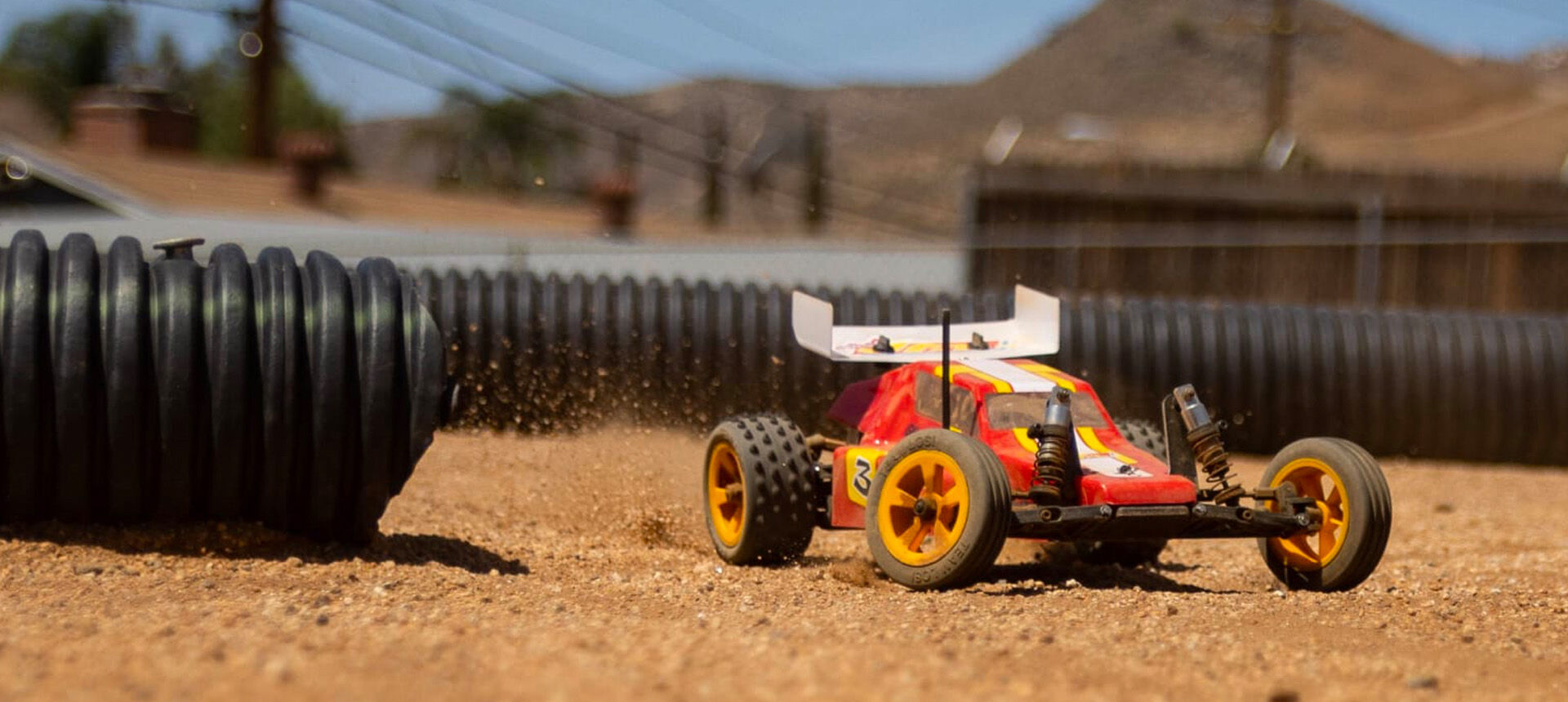
Can You Take LiPo Batteries on a Plane? 2023 Updates
Posted: 5/5/23
Can You Take LiPo Batteries on a Plane? 2023 Updates
Back in 2020, we shared some great information and resources on flying with LiPo batteries (lithium polymer). Because technology and processes are constantly evolving, we thought it would be a good time to review what’s still in place and what’s new if you plan to take LiPo batteries on planes any time soon. You can check out the original article here as it still has some great information and not a lot has really changed.
First, it’s important to note that not all airlines participate solely by the FAA regulations. Some may be stricter on their policies, which means you’ll be best served to contact the airline directly after gathering some preliminary information on what to expect when you take LiPo batteries on a plane. And if you plan to travel internationally, you’ll also want to take a look at any countries you’ll be travelling through and what the policies are at your final destination. Many countries have customs information available online. If you’re travelling for an international RC event, check with the event host, too, as they may have some useful information on what to expect at the airport when you arrive.
Here is a handy Chart (PDF) from the FAA about taking batteries on planes. Look at the Lithium Ion section for more information about LiPo batteries on a plane. Here’s what we’ve gathered from the FAA’s website:
Can you take LiPo batteries on a plane?
Yes, but… they are considered a hazardous material and there are regulations from the FAA on what you can take and how you must transport it.
The basics of flying with LiPo batteries:
- 1. They’ll need to go in your carry-on bag unless they are securely installed, so for someone into the RC hobby, you’ll likely be putting all of your RC LiPo batteries into your carry-on bag. If a gate-check is performed, you’ll need to take the batteries out of the bag and keep them in the cabin with you. Keeping them in a smaller bag or case in your carry-on bag can be helpful if this happens.
- 2. Most LiPo batteries will be limited to 100 Watt Hours (Wh) and under 2 grams of lithium per battery. Each passenger may be allowed two larger spare batteries (101-160 Wh) but only with the airline’s advanced permission. Contact them early and get this permission in writing.
- 3. Keep the batteries in their original packaging for the smoothest process. This can help provide proof of the battery’s Watt Hours (Wh). If you need to calculate this information, check out our blog on the topic from 2020. Remember, the airline may require proof of your battery's watt-hour rating if it is not clearly marked on the label, so take a look at your batteries now and see if they are clearly labeled.
- 4. The terminals of LiPo batteries can short circuit if they come into contact with metal objects. To prevent this, cover the terminals with tape and/or put each battery in a separate plastic bag, battery pouch, or other protective sleeve.
- 5. Batteries must be protected for travel as a general rule, so you may want to invest in a secure case that you can place the batteries into while in their individual sleeves.
- 6. Damaged batteries will not be allowed. Why would you want to put a damaged battery into your RC car, RC boat, or RC airplane anyway?
Other helpful information about taking LiPo batteries on planes
These are just the basics to give you a starting point on understanding how to take LiPo batteries on a plane for your RC activities. The FAA and TSA have more information online, as well, to help you feel more prepared for what to expect. Like we said, regulations can change at any time and it’s your responsibility to know what the plan is before you step out your door.
See the FAA’s guide to lithium batteries here.
See the TSA’s information on traveling with larger Wh LiPo batteries here. Note – you may want to let the TSA know in advance of going through the security check that you have extra LiPo batteries in your bag. They may need to be inspected by the TSA for the above safety guidelines from the FAA. Give yourself extra time at the airport for this and have your written permission from the airline handy if you are bringing a 101-160 Wh LiPo battery or two with you.
Planning to fly with a drone? The FAA has information specific to drones available. You’ll need to look into other factors beyond the battery for taking a drone on a commercial airline. For example, if it has a parachute system it might not be allowed at all.
Your RC car or RC airplane will likely go into checked baggage while the batteries remain with you. Look into your airline’s policies on that before you travel as well. And keep in mind, your RC airplane may be considered an oversized item and it’s best to check with the airline about this in advance to make sure they can accommodate you. Package it securely – if it travels with the other oversized checked baggage items, it can encounter potential hazards like golf clubs along its route on conveyer belts behind the scenes at the airport.
Does your RC car or RC airplane have an engine instead of a motor? The regulations we’ve pulled together for you here are only discussing batteries. Traveling with an engine is an entirely different thing and will take a lot of careful planning.
Want to connect with other RC hobbyists about their experiences flying with LiPo batteries? Head on over to RC Nation and join a thread or start a new discussion to help you plan.
Related Articles

How to Pack Your RC Car Tool Kit When Traveling by Air
Learn how to pack an RC car tool kit when traveling by air to meet TSA security requirements and avoid losing your RC tools.
Learn More

What Is the Best RC Car for Teaching STEM to Kids?
The best RC car for STEM lessons will increase a student’s engagement by making learning active and fun.
Learn More

Take RC Indoors with Mini Scale RC!
Looking to race or crawl over obstacles, but don’t have much space? Mini Scale RC cars and trucks are great for indoor adventures in 1/16, 1/18, and 1/24 scale.
Learn More